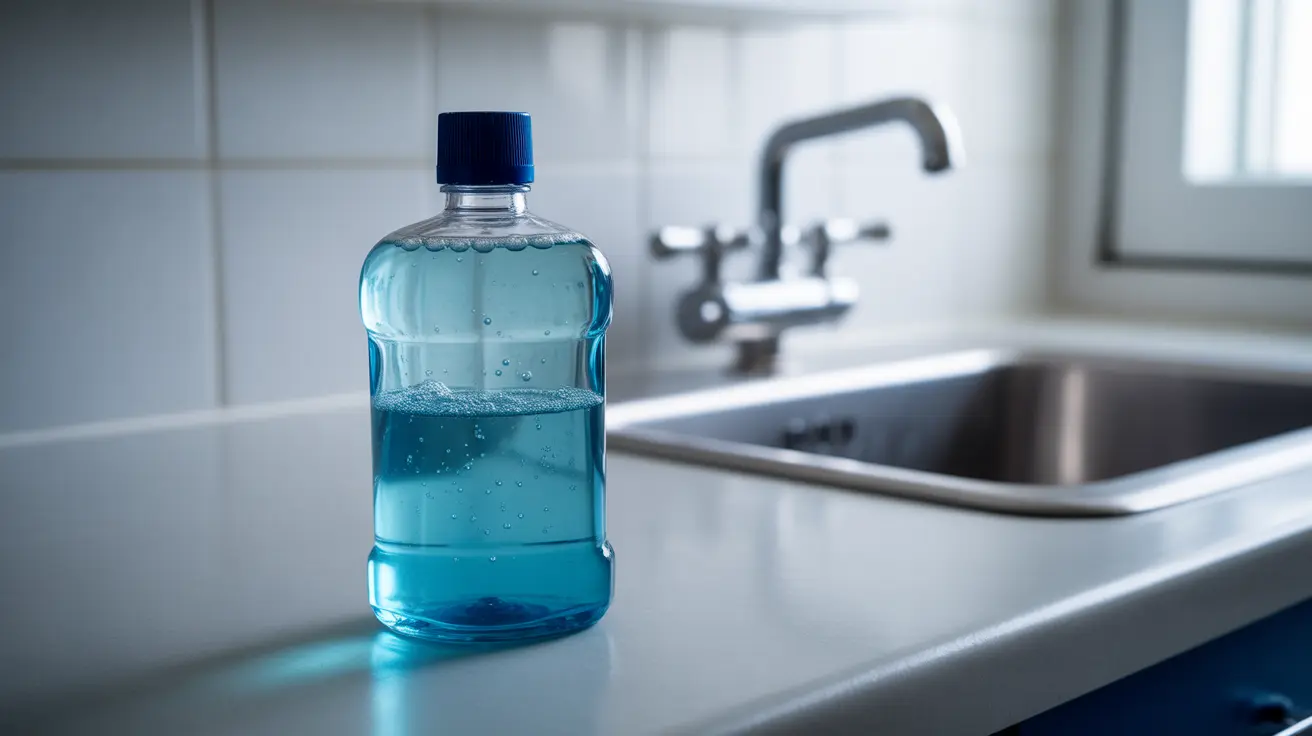Maintaining good oral hygiene includes using fresh, effective mouthwash as part of your daily routine. However, like many personal care products, mouthwash doesn't last forever. Understanding when mouthwash expires and the implications of using it past its prime is crucial for your oral health and safety.
In this comprehensive guide, we'll explore everything you need to know about expired mouthwash, including how to identify it, potential risks, and proper storage techniques to maximize its shelf life.
Understanding Mouthwash Expiration
Mouthwash typically contains active ingredients such as alcohol, essential oils, or antimicrobial agents that help kill bacteria and freshen breath. These components can degrade over time, affecting the product's effectiveness and safety.
Most commercially available mouthwashes have a shelf life of two to three years when unopened. Once opened, the product should typically be used within six months to a year, depending on the formulation and storage conditions.
Signs Your Mouthwash Has Expired
Several indicators can help you determine if your mouthwash has gone bad:
- Changes in color or clarity
- Unusual smell or altered fragrance
- Floating particles or sediment
- Changes in consistency
- Compromised seal or damaged container
If you notice any of these signs, it's best to discontinue use and replace the product with a fresh bottle.
Risks of Using Expired Mouthwash
Using mouthwash beyond its expiration date can pose several potential risks:
Reduced Effectiveness
The active ingredients in expired mouthwash may have degraded, making it less effective at fighting bacteria and freshening breath. This means you're not getting the intended benefits from the product.
Bacterial Growth
Over time, especially if improperly stored, mouthwash can become contaminated with bacteria. Using contaminated mouthwash could introduce harmful organisms into your mouth, potentially leading to oral health issues.
Chemical Changes
The breakdown of ingredients can alter the product's chemical composition, potentially causing irritation to your gums and oral tissues.
Proper Storage and Maintenance
To maximize your mouthwash's shelf life and effectiveness:
- Keep the bottle tightly sealed when not in use
- Store in a cool, dry place away from direct sunlight
- Avoid storing in the bathroom where temperature fluctuations occur
- Don't dilute the mouthwash or transfer it to different containers
- Check the expiration date when purchasing and mark the opening date
Frequently Asked Questions
How long does mouthwash typically last before it expires? Unopened mouthwash typically lasts 2-3 years from the manufacture date. Once opened, it should be used within 6 months to 1 year, depending on the formulation.
What are the risks of using expired mouthwash on my oral health? Using expired mouthwash can lead to reduced effectiveness, potential bacterial contamination, and possible oral irritation due to chemical degradation of the ingredients.
How can I tell if my mouthwash has gone bad or expired? Look for changes in color, clarity, smell, or consistency. The presence of floating particles or sediment can also indicate that the mouthwash has expired or degraded.
Is it safe to use mouthwash after its expiration date? It's not recommended to use mouthwash after its expiration date as it may be less effective and could potentially harbor harmful bacteria.
What should I do with expired mouthwash and how can I store it properly? Dispose of expired mouthwash by emptying it down the drain and recycling the container. For proper storage, keep new mouthwash in a cool, dry place away from direct sunlight, ensure the cap is tightly sealed, and avoid bathroom storage where possible.




